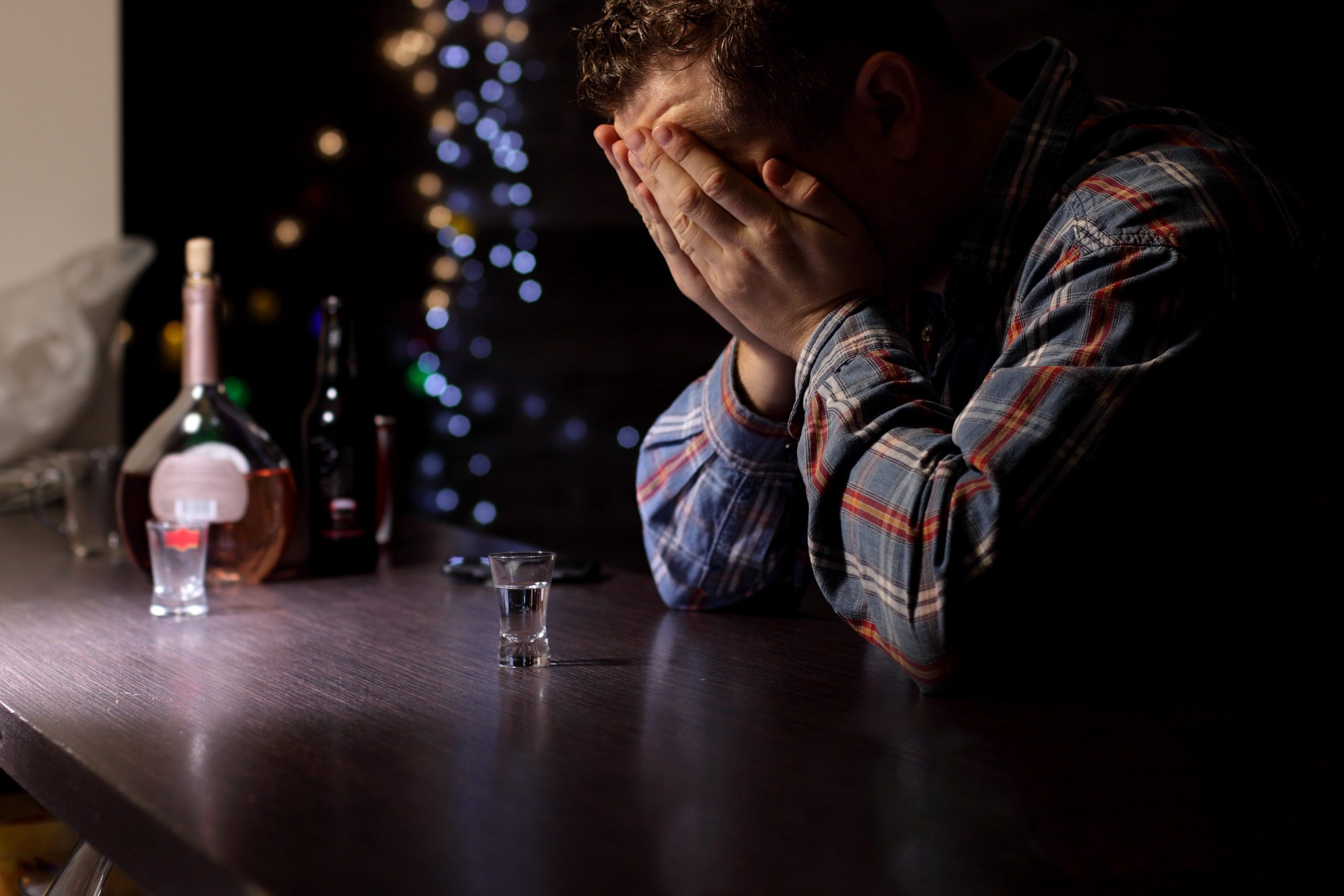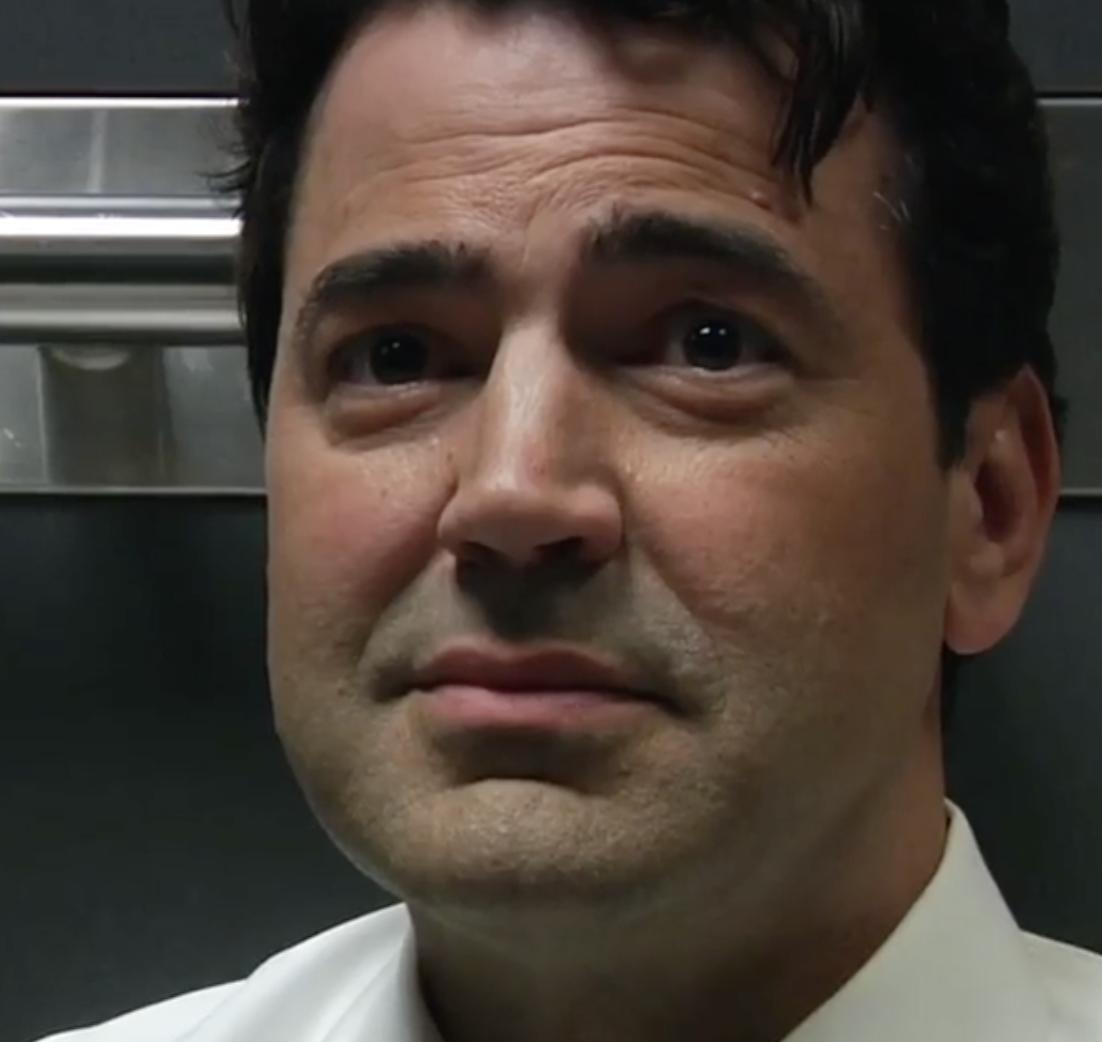It’s a situation that you hear about quite frequently. When an older person dies, their spouse may then also pass in a matter of months. The proper term for it is the Widowhood Effect, but the truth of the matter is that it’s a very avoidable scenario.
Believe it or not, there is actually some new scientific evidence that points to certain health risks during the grieving process. The especially applies to seniors who have been married for an extended amount of time. According to a study of 99 people who had recently become bereaved, physical ailments can begin manifesting due to depression and inactivity.
Obviously those who are older are already in a more fragile state, but their premature passings can be avoided if they began to properly deal with their grief. If they don’t, however, there are real risks of cardiovascular issues and internal inflammations.
Researcher Chris Fagundes helped lead the study and spoke to Science Alert about the findings.
“Previous research has shown that inflammation contributes to almost every disease in older adulthood,” he explained to the site. “We also know that depression is linked to higher levels of inflammation, and those who lose a spouse are at considerably higher risk of major depression, heart attack, stroke and premature mortality.”
For the study, Fagundes and his partner took blood samples from all of the participants. Each exhibited different levels of depression after losing a loved one. What the team found was that those with elevated bereavement symptoms had higher levels of inflammation (particularly within the protein set called cytokines).
Science has already proven that elevated cytokine levels can lead to cardiac illness. And among the heaviest grievers who volunteered, there was a 53 percent increase in the presence of that particular protein.
“This is the first study to demonstrate that inflammatory markers can distinguish those who are widowed based on grief severity such that those who are higher on grief severity have higher levels of inflammation compared with those who are lower on grief severity,” Fagundes continued. “Now that we know these two key findings, we can design interventions to target this risk factor in those who are most at risk through behavioral or pharmacological approaches.”
Indeed, proper counseling and emotional support can be extremely beneficial during the mourning process. Obviously no one can completely take away the pain of losing a longtime loved one, but using the appropriate coping tools and resources can quite possibly save a life.












